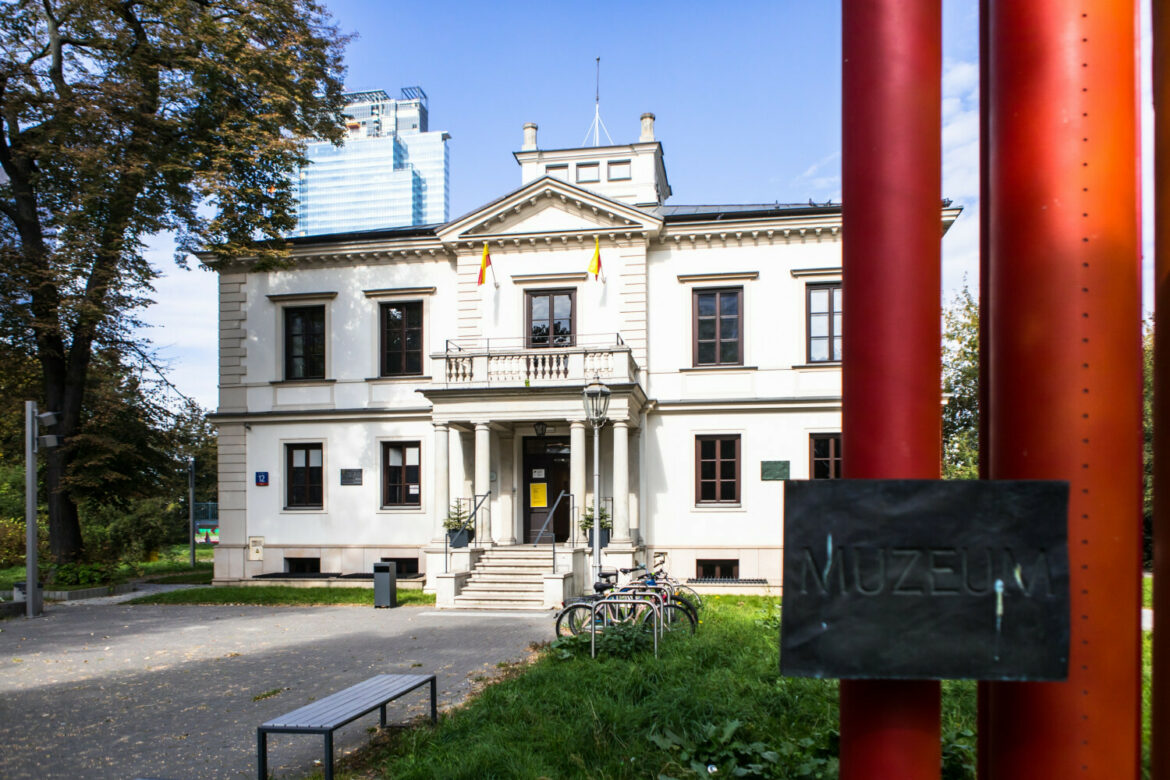The rivers Drna, Sadurka, Żurawka, Pólkówka, Bełcząca, Brodnia once meandered through Warsaw but nowadays some of them no longer exist, and some flow underground. The Museum of Wola, a branch of the Museum of Warsaw is launching the new exhibition “Let them flow! Other rivers of Warsaw” starting on January 20.
Nowadays, the Vistula River is considered to be the Warsaw river. However, Warsaw’s hydrographic network was, and in part still is, much richer. The exhibition “Let them flow! Other rivers of Warsaw” tells the story of numerous Warsaw rivers through old plans, maps, graphics, postcards and photographs. The exhibition of the Wola Museum allows viewers to follow their courses, learn about their biographies, see the remains and contemporary traces hidden in the names of districts and streets.
The contemporary part of the exhibition draws attention to the essence of river networks as connected vessels. Their degradation not only significantly affects the environment, microclimate and climate change, but also the development of cities in a climate disaster. The guest will be able to watch a film about the Wawer Bend, one of the last wet ecosystems in the Warsaw area, or photographic documentation of the activities of Cecylia Malik and the Sister of the River group. For years, the artist has been involved in the protection of rivers through artistic and activist performance.
Magdalena Staroszczyk, co-curator of the exhibition adds that through the exhibition, she wants to fill the gap in the map of Warsaw and in human memory and rediscover this natural resource, essential for life, the richness for Warsaw’s inhabitants. “Thinking about the city’s future, we recall the stories of other Warsaw rivers and juxtapose them with current situation. By learning about the history of Warsaw’s rivers and the processes of their disappearance, it will be possible to better understand the essence and importance of caring for still existing Warsaw water areas that are living proof that Warsaw was always based on rivers and their backwaters,” says Staroszczyk.
Arkadiusz Słomczyński





